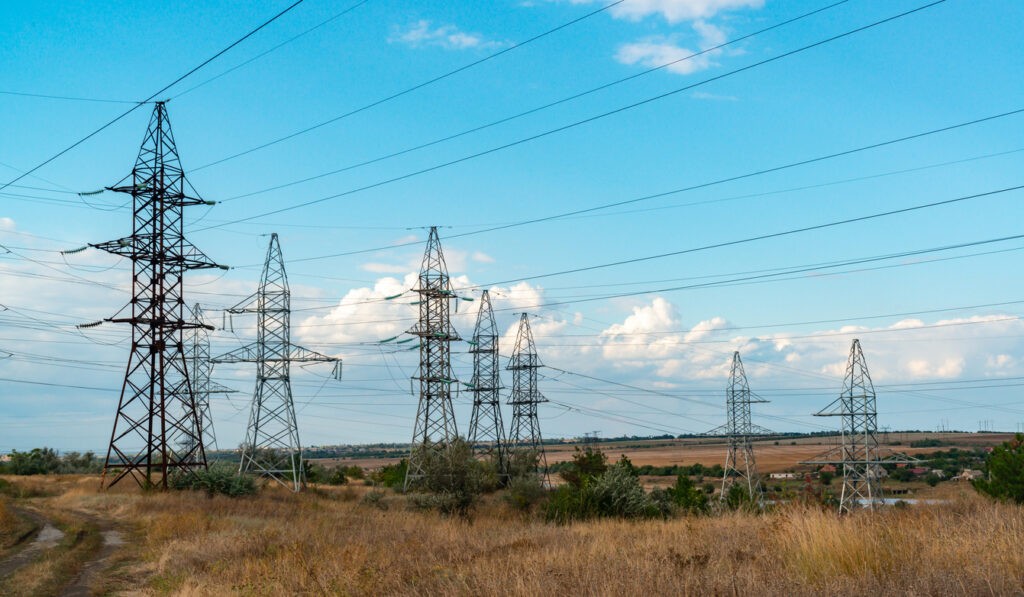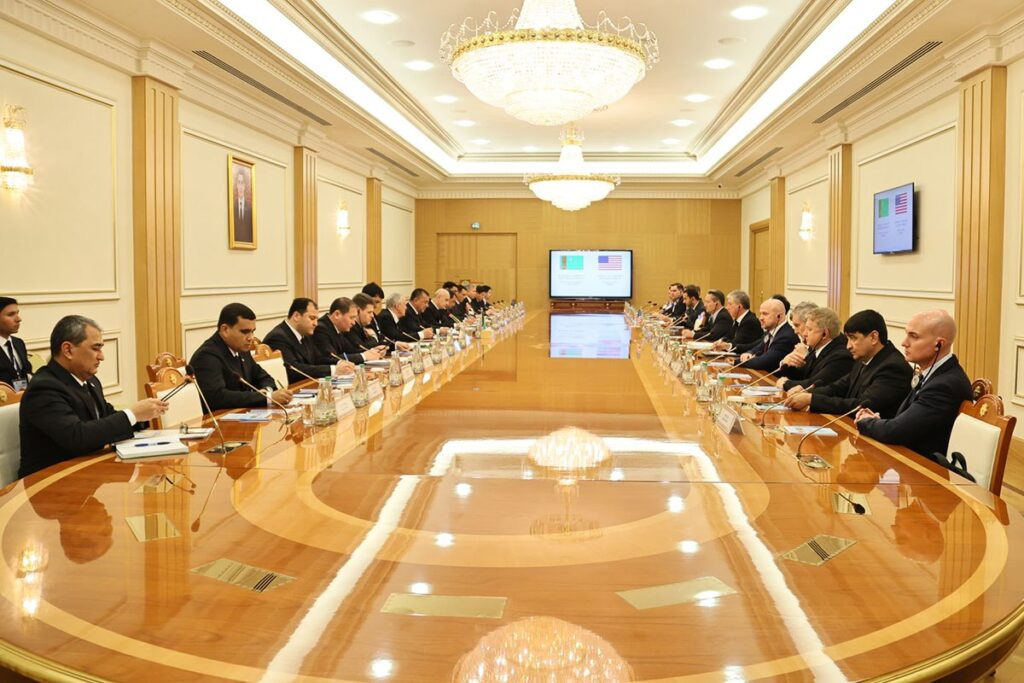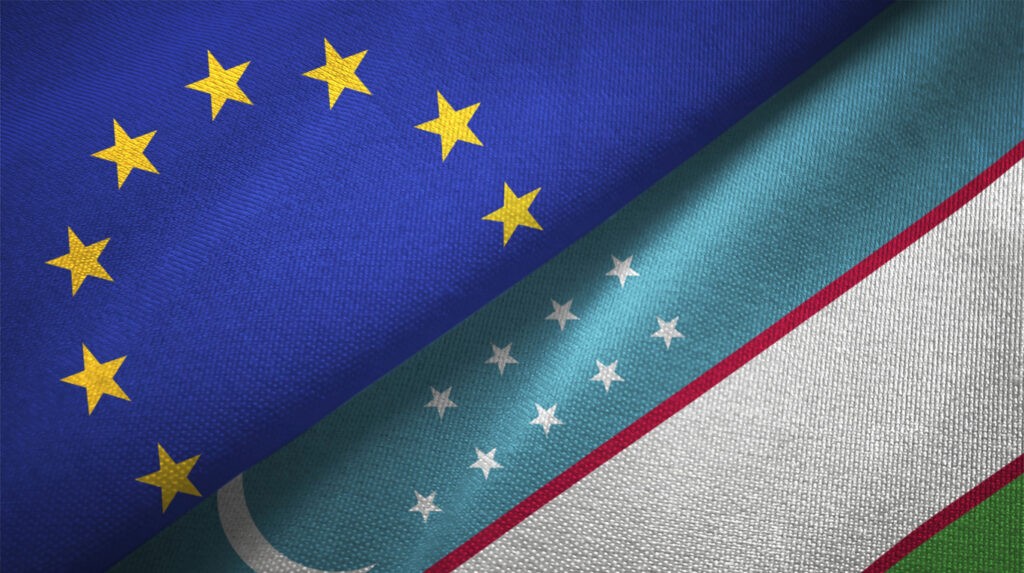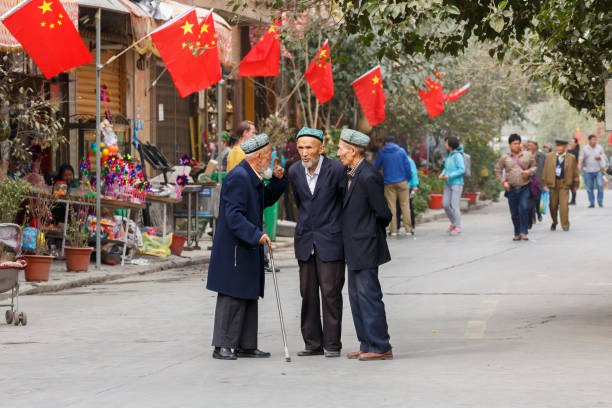Kazakhstan, China’s Xinjiang Uyghur Autonomous Region (XUAR), and the Hong Kong Special Administrative Region have agreed to establish a joint mechanism for trilateral cooperation. The agreement was reached on December 5 during a meeting in Urumqi, Xinjiang, attended by Kazakhstan's Vice Prime Minister Serik Jumangarin, XUAR Party Committee Secretary Ma Xingrui, and Hong Kong’s Secretary for Commerce and Economic Development Algernon Yau. At the meeting, Ma Xingrui underscored Xinjiang’s strategic role as a bridge connecting Kazakhstan with Hong Kong and the broader Belt and Road Initiative. Highlighting Kazakhstan as a critical transport hub linking Europe and Asia, and Hong Kong as a global trade and logistics center, Ma proposed developing a framework for collaboration. The suggested mechanism would focus on boosting investment and strengthening cooperation in key sectors, including finance, energy, agriculture, logistics, and cultural exchanges such as education, healthcare, tourism, and scientific research. Vice Prime Minister Jumangarin proposed establishing a Kazakhstan-Xinjiang-Hong Kong Cooperation Council to create actionable strategies for enhancing investment, trade, and economic ties. He suggested hosting the council’s inaugural meeting in Kazakhstan next year. Jumangarin also highlighted China’s significant investment in Kazakhstan, noting 145 joint projects worth $38 billion and 5,000 joint ventures currently operating in the country. He invited businesses from Hong Kong and Xinjiang to collaborate on establishing production facilities in Kazakhstan, particularly for the deep processing of agricultural raw materials. “Kazakhstan is a major exporter of grain and oilseed products, with growing livestock exports,” Jumangarin said. “We encourage businesses from Hong Kong and Xinjiang to partner with us in producing value-added food products.” Hong Kong’s Secretary for Commerce, Algernon Yau, emphasized the city’s status as the world’s third-largest financial center and a global aviation hub connecting over 200 destinations. He welcomed Kazakh enterprises to register in Hong Kong, highlighting the city’s strong ties with ASEAN countries, which could provide Kazakh companies with expanded access to those markets. In a separate meeting, Jumangarin and Ma Xingrui discussed plans to double trade turnover between Kazakhstan and Xinjiang. XUAR is Kazakhstan’s largest trading partner among Chinese regions, accounting for nearly half of the bilateral trade volume. In 2023, trade between Kazakhstan and XUAR grew by 62%, reaching $20.3 billion. During the first nine months of 2024, trade increased by another 22.46%, reaching $17.67 billion. Both sides are working toward the goal set by the presidents of Kazakhstan and China to raise overall trade turnover to $100 billion. Another key topic was the development of river transportation as an alternative to road and rail routes. Kazakhstan proposed creating a multimodal transit corridor through Russia, Kazakhstan, and China using the transboundary Irtysh River, with initial freight traffic volumes projected at 2–2.5 million tons. Additionally, a potential route along the transboundary Ili River was discussed, linking the Kazakh city of Konayev with the Chinese city of Yining. The agreements reached at the trilateral meeting represent a significant step toward closer collaboration between Kazakhstan, Xinjiang, and Hong Kong. With plans to enhance trade, investment, and infrastructure development, the partnership holds great...






